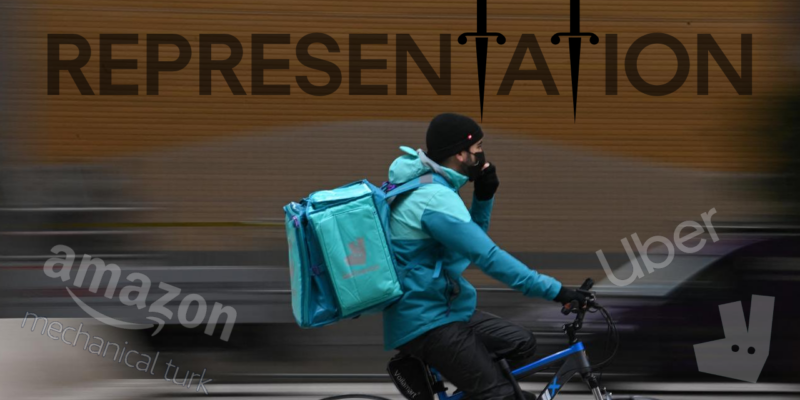The Proposed Directive on Regulating Platform Work: Can it become a double-edged sword for effective collective representation and voice of platform workers?
Representation and Voice of Platform Workers as an Instrumental Tool for Improvement of their working conditions “Ways to improve labour conditions of platform workers” are at the top of the EU’s policy agenda. At the end of 2021, the Commission presented a proposal for a Directive on improving working conditions in platform work (COM(2021)762). Moreover,…










